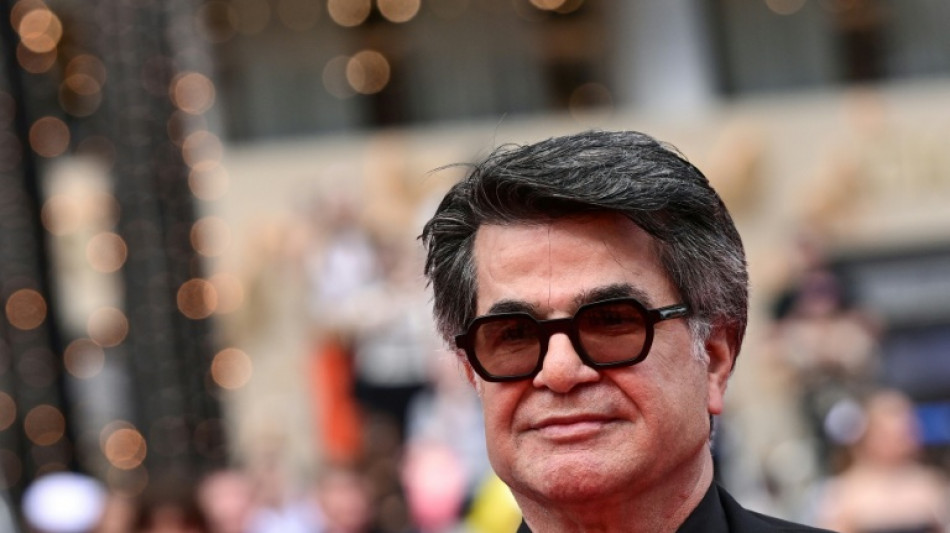

Back at Cannes, Iran filmmaker Panahi defies repression
Back in Cannes for the first time in 15 years, dissident Iranian filmmaker Jafar Panahi spoke to AFP about how he feels "alive" thanks to filmmaking and the danger of continuing to work in the Islamic republic.
Imprisoned twice and until recently subjected to a travel ban, Panahi also said he was not afraid of the consequences of showing "It Was Just an Accident" in Cannes.
The answers have been translated by AFP from the original Persian and edited for clarity:
Q: Your new film "It Was Just an Accident" explores the moral dilemma faced by Iranians tempted to take revenge on their torturers. What does this say about the issues facing Iranian society?
"We chose a range of characters, from violent to non-violent, from a simple man to someone completely detached from such concerns.
"Through their actions and reactions, we reach -- or perhaps fail to reach -- a conclusion about what the right path might be.
"We let the viewer decide for themselves, asking what would they do in that situation? For me, the real question is: what would I do if this actually happened? And honestly, I don't know.
"And in the end, perhaps the film suggests that the real issue lies within a flawed structure — and that the problem lies with the government, not the people trapped inside it."
Q: In what way does your film denounce a system of government?
"It's about how we can shape the future of this country. Where is it headed? Will this cycle continue, or will we reach a place where no one dictates how we dress, what we create, or what we eat? No one has the right to control that.
"We are looking forward, thinking a few steps ahead. When will this become a reality? I don't know. But I hope it will, and I believe that it will."
Q: You were sentenced in 2010 and imprisoned twice in Iran. Are you afraid for your safety when you return home after Cannes?
"What matters most is that the film gets made... I haven't made space in my thoughts for whatever else might happen. I'm alive as long as I'm making films. If I'm not making films, then what happens to me no longer matters."
Q: How do you feel about being back at the Cannes Festival?
"The truth is I missed watching films with an audience because I couldn't put my films on in cinemas, I couldn't sit and watch them or see people's reactions. That's the biggest thing, to experience a film with an audience. When you watch a film with others, you feel alive.
"Cannes is a bigger stage and has its own qualities, but what I truly want is to sit in a cinema with ordinary people in Iran and watch this film. That's the most important thing."
Q: Do you fear being prevented from making films due to restrictions in Iran?
"They (the Iranian government) have always stopped us from making films, but we find a way. It's typical of regimes like this: they don't let artists work, they don't let anyone do what they love.
"What matters is that you find a way, just as I and other friends have done. The important thing is not to give up trying, and not to expect a regime like this to suddenly say: 'Go ahead, make your film.'
"When they gave me a 15- or 20-year work ban, I could have easily gone home and told myself: 'That's it, it's over. I can't do anything, it's not my fault,' and then let myself sink into despair.
"But I thought: 'No -- what should I do instead?' The important thing is to keep working."
I.Pandey--MT



